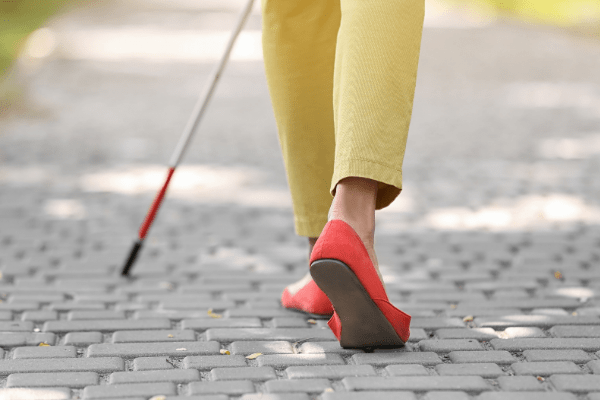Women with disability make up nearly half of all domestic violence victim-survivors in Australia, a hearing into the experiences of women with disability has heard this week.
Alarming statistics relating to the experiences of women with disability have been heard at The Royal Commission into Violence, Abuse, Neglect and Exploitation of People with Disability.
Kate Eastman, the senior counsel assisting the royal commission, told the inquiry that women with disability are disproportionately experiencing domestic violence in Australia.
“Women with disability make up around 20 per cent of the total Australian population but they are nearly half of all domestic violence victim survivors. The most common perpetrator of violence against women with disability is a former partner,” Eastman said.
“Women with disability are twice as likely to experience sexual violence over a one-year period compared to women without disability.”
The inquiry heard that 90 per cent of women with intellectual disability have experienced sexual abuse, with 68 per cent being subjected to this abuse before they reach the age of 18.
The experiences of Indigenous women with disability are even more pronounced, according to Thelma Schwartz, principal legal officer at QLD Indigenous Family Violence Legal Service. Schwartz said it is at a “national crisis level”. The inquiry heard that Indigenous women are 34 times more likely than non-Indigenous women to be hospitalised due to family and domestic violence.
It was also heard that women with disability are often not believed when they report abuse, with Kate Eastman saying there are issues with trusting police due to previous negative experiences.
“Women with disability have told the Royal Commission about their lack of trust in police following negative interactions when reporting or attempting to report sexual assault or domestic violence,” Eastman said.
In 2016, the cost of violence against women with disability was estimated as $1.7 billion. The hearing also looked at the sexual and reproductive rights of women and girls with disability, and the gaps in legal protections and services.
Jen Hargrave, Senior Policy Officer at Women with Disabilities Victoria, said there is a gap when it comes to developing policies relating to women with disability in Australia.
“We are often popped in one paragraph, or one dot point, or increasingly told that policies take an intersectional lens, and that it should be trusted this will include particular drivers around ableism,” Hargrave told the hearing.
“One of things we still don’t see happening is really constructive cross portfolio discussions around women’s policy and disability policy, and other relevant policies.”
If you or someone you know needs to contact family and domestic violence support services, you can reach the 1800 Respect National Helpline on 1800 737 732.
The Women’s Crisis Line can be reached at 1800 811 811 and the Men’s Referral Service on 1300 766 491.


